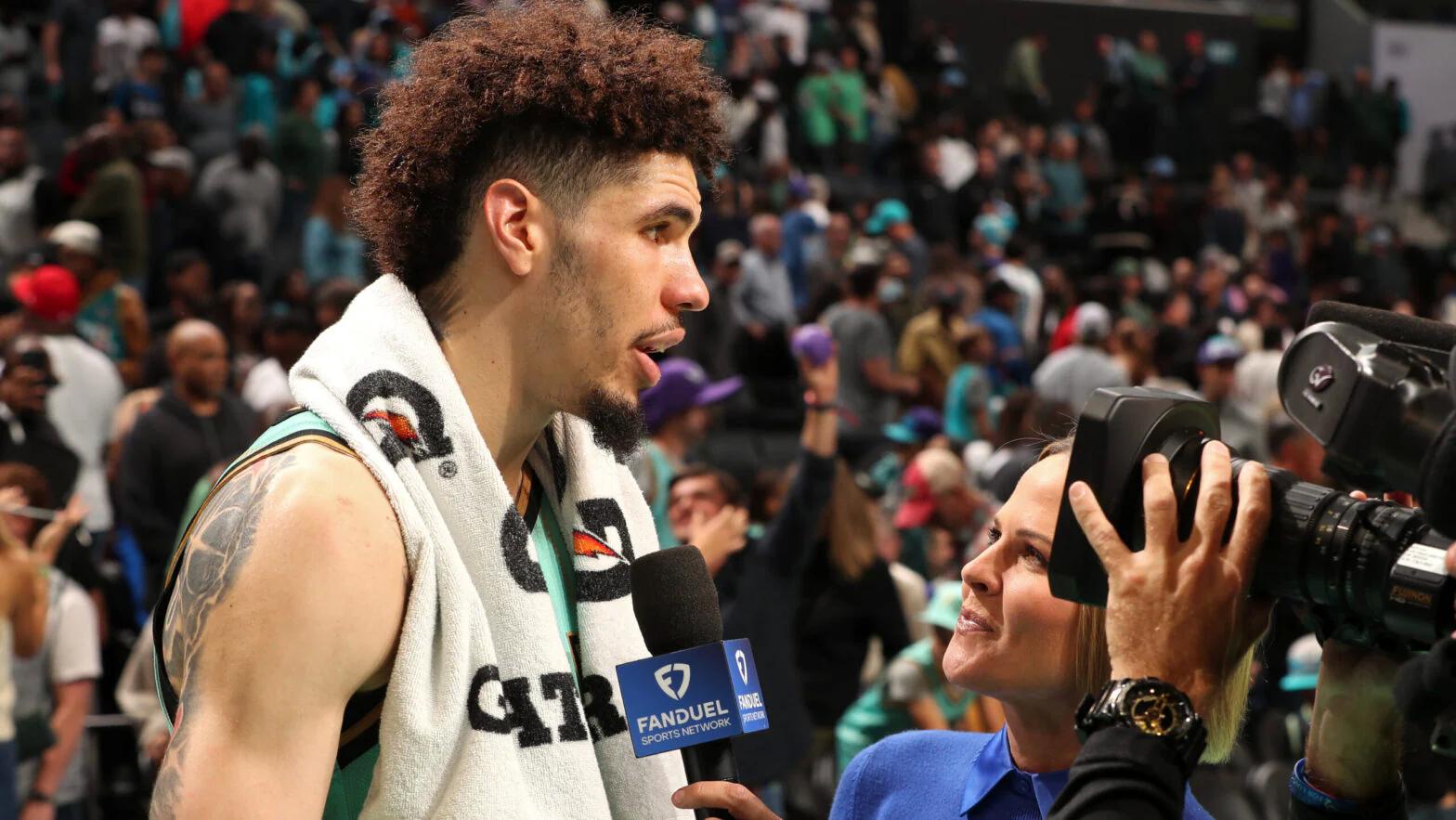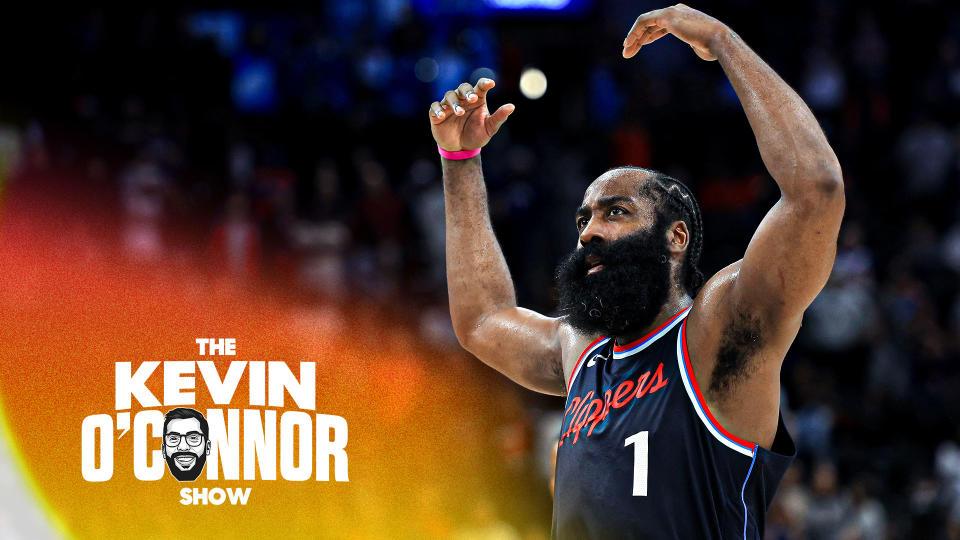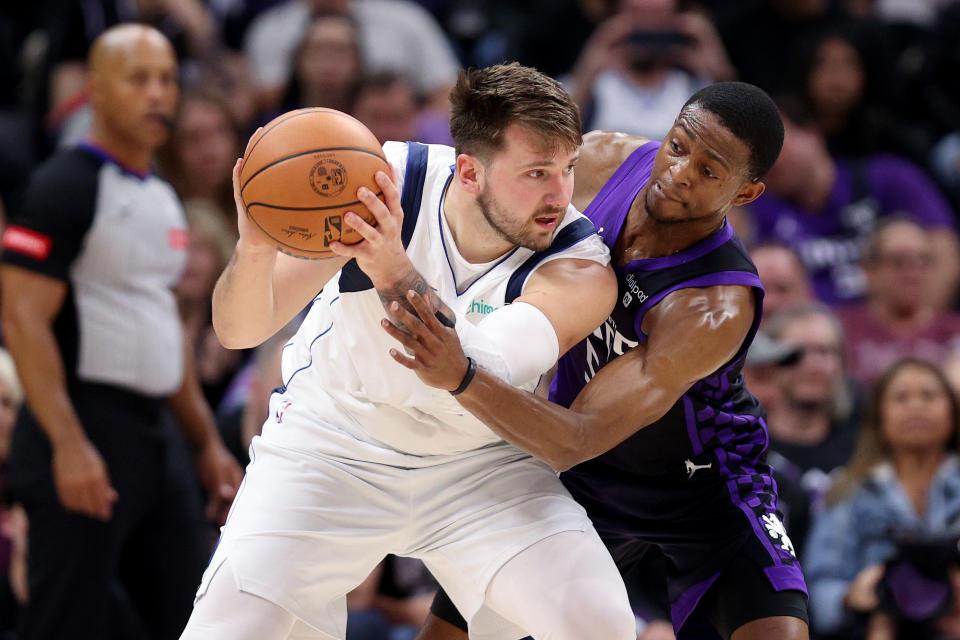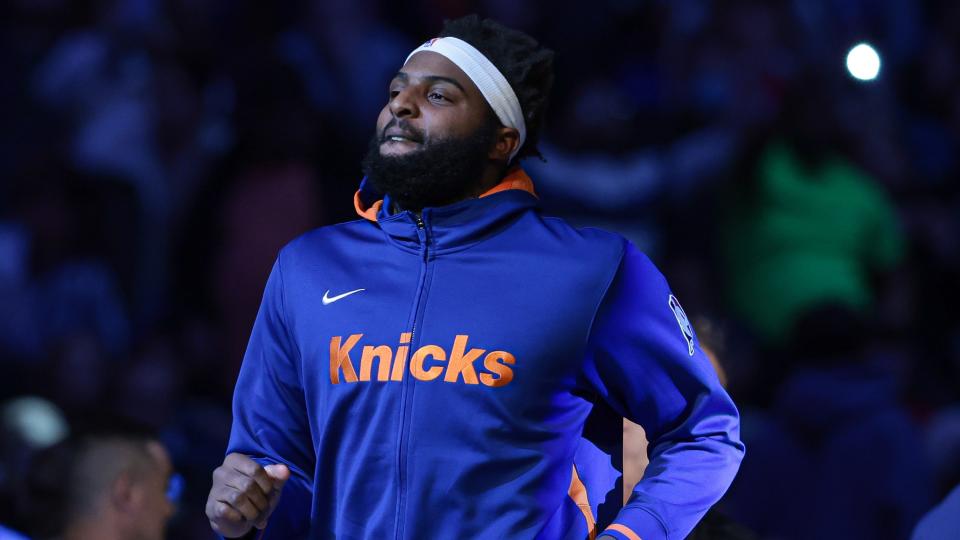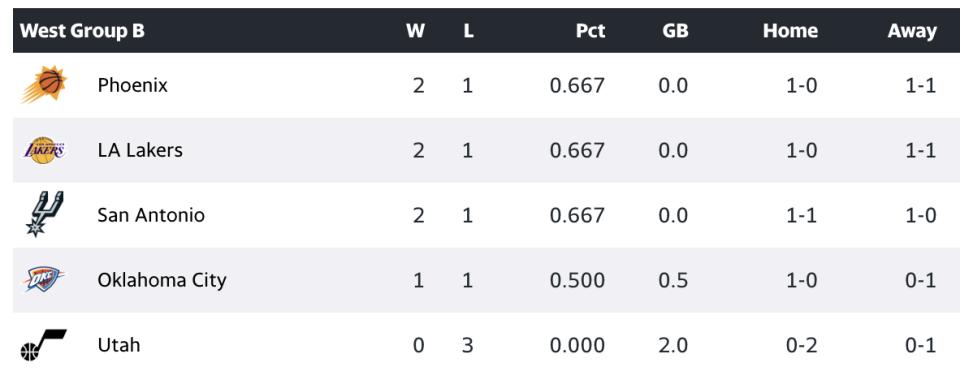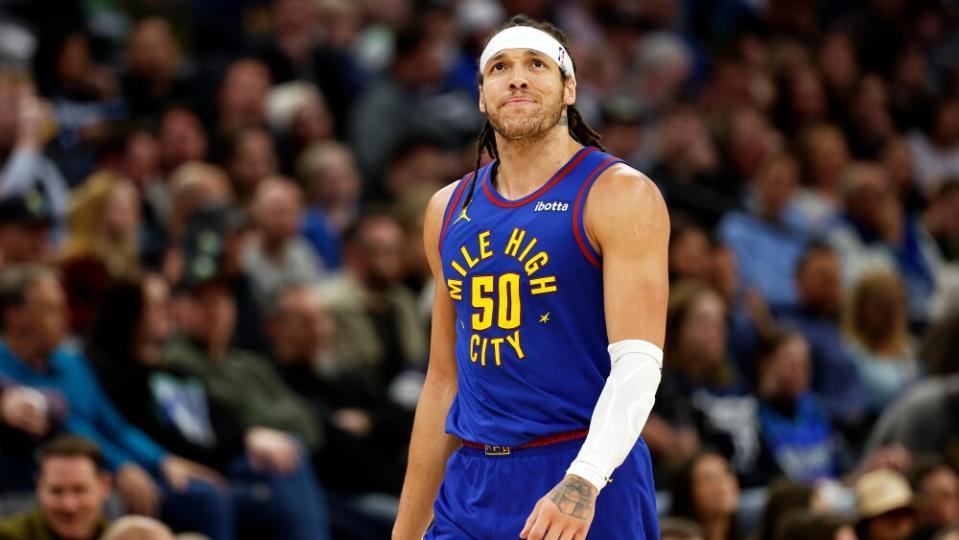NBA Players from the 1981 Olympics Shine Light on League's Global Expansion
"I may not know much about Angola, but it's clear that they're facing some challenges," remarked Charles Barkley prior to the Dream Team's impressive 116-48 win at the 1992 Olympics.
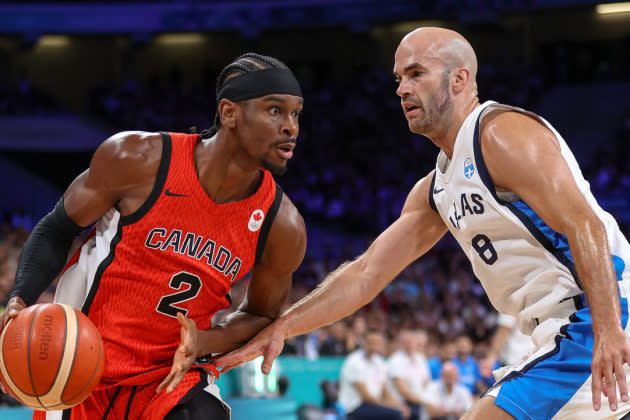
Fast-forward to 2024, and the U.S. men’s basketball team needed a last-minute layup by LeBron James to stave off South Sudan 101-100 in exhibition play.
More from Sportico.com
Kobe Bryant's Locker Sold for $2.9M at Sotheby's Sports Auction
U.S. Olympic Sprinter Lands Charmin Deal After Porta Potty Mishap
Warner Bros. Discovery Confronts Hard Court Battle With NBA
International basketball competitions have become less predictable. Germany nearly defeated the U.S. in an exhibition game last month and knocked off a different roster of American NBA stars in the semifinals of the 2023 FIBA World Cup. Canada beat the U.S. in the bronze medal game of that same tournament and brought a squad featuring 11 current or former NBA players to Paris.
In the 1992 Olympics, there were 12 players with NBA experience across the non-U.S. teams. This year, there are 69.
Despite the wealth of international NBA talent in the tournament, the U.S. is still a heavy -600 favorite to win the gold medal on DraftKings. The Americans won their first two 2024 Olympic contests by 26 over Serbia and by 17 in a rematch over South Sudan. The rosters across the board in Paris, however, reflect the global development of the sport that has taken place over decades.
“The Dream Team performance in ‘92 was the original inspiration for international growth,” NBA head of international basketball operations Troy Justice said. “Fans all over the world were inspired by the level of talent and play. The inspiration creates this aspiration for young boys and girls around the world.”
There has been a steady rise in non-American players throughout NBA history: from eight on opening night of the 1983-84 season to 73 in 2003-04 and eventually to a record 125 in 2023-24, counting those on two-way contracts.
It’s not just the quantity of international players that has increased, but the quality as well. The last six NBA MVPs have been awarded to players born outside of the U.S., with second and third-place 2024 MVP finishers Shai Gilgeous-Alexander and Luka Dončić hailing from Canada and Slovenia, respectively.
In the past decade, the biggest spikes have come from Canada (eight players in 2013-14 versus 26 in 2023-24) and Africa (seven players in 2013-14 up to 15 in 2023-24).
“In the case of Africa, what contributed tremendously was the focus on making the game accessible to young people, getting more young people to play the sport,” Basketball Africa League (BAL) president Amadou Gallo Fall said.
The NBA, along with FIBA, launched Basketball Without Borders (BWB) in Africa in 2003. Over the years, 19 BWB Africa camps have reached more than 1,600 participants, 13 of whom went on to play in the NBA. One of those was Luc Mbah a Moute, who eventually returned to Africa and helped discover NBA All-Stars Pascal Siakam and Joel Embiid.
The league has continued its investment in the continent, opening its Africa headquarters in Johannesburg, South Africa, in 2010, as well as offices in Senegal (2021), Nigeria (2022), Egypt and Kenya (2023) more recently. NBA Academy Africa, a basketball training center in Senegal, opened in 2017 and has worked with dozens of future NCAA Division I players and two NBA players. BAL, a professional league featuring 12 teams across the continent and founded as a partnership between FIBA and NBA Africa, just concluded its fourth season in June.
The rapid global expansion of the talent pool has not come without problems. Over the past 15 years, a cottage industry of fly-by-night prep schools similar to Kanye West’s Donda Academy has sprung up in the U.S., luring international teenage players with promises of exposure to college recruiters and a shot at a pro career. While players such as Embiid have successfully navigated American prep schools as a stepping-stone to the NBA, many others have been scammed by less legitimate, or even completely phony, “academies” whose practices have been the subject of human-trafficking investigations. Young international players have experienced inadequate living conditions while attending unaccredited U.S. schools and been embroiled in student visa fraud scams that have left some deported after being cast aside by these bootleg preps.
The vast majority of NBA Academy Africa graduates are able to advance directly to the next level, whether college or professional, skipping the prep school step entirely. "We recognize as a professional sports league that we have recourses, but we're not in a position to overhaul entire systems," NBA head of international basketball development Chris Ebersole said. "Our view with the Academy is that we can create a system where we're able to provide that education and provide a lot of that structure and infrastructure."
South Sudan’s 2024 Olympics team is a testament to the foundation that the NBA has laid in Africa. Khaman Maluach, who first touched a basketball in 2019, is an NBA Academy Africa alumnus who also attended BWB in 2023, where he was named MVP of the camp, and played multiple seasons in BAL. The Duke commit and highly-ranked 2025 NBA Draft prospect is representing his country in Paris along with two other BAL players: Nuni Omot and Majok Deng.
South Sudan is the youngest country in the world, having gained independence in 2011, and underwent a civil war from 2013 to 2020. Former NBA All-Star Luol Deng has served as the president of the South Sudan Basketball Federation since 2019 and has funded many aspects of the program out of his own pocket due to his belief in the ability of basketball to catalyze unity and national pride.
The NBA, whose mission statement is “to inspire and connect people everywhere through the power of basketball,” says it has similar goals in Africa that extend beyond simply creating a pipeline for future NBA players.
“Yes, the number of players from Africa [in the NBA] will definitely continue to increase, but also we want to have the opportunity for some of the talent coming out of the development programs across the continent to stay here and play at a very, very high level,” Fall said. “We want this to become an economic growth engine for the continent.”
The league insists on developing basketball systems in both established and burgeoning markets. Justice says he’s less focused on the number of international players in the NBA, but rather the number of countries represented, which was 40 on opening night of the 2023-24 season—notably, not a significant increase from 34 in 2003-04.
“I wouldn’t say there’s going to be one country or one region where the next wave [of talent] will come from, but the number of 40 countries is going to expand,” Justice said. “What we’re going to start to see more of is NBA and WNBA players coming from non-traditional markets where they may be the first one from their country to make it.”
That would give fans in new markets opportunities to experience and engage with the NBA. “We’re going to have more countries represented in the league,” Fall said. “That footprint growing around the world is what is going to be remarkable.”
In the meantime, we’ll get a more thrilling and competitive Olympic men’s basketball tournament than fans saw in 1992 in Barcelona.
Best of Sportico.com
How Do NBA Contracts and the Salary Cap Work?
Tennis Prize Money Tracker 2024: Which Player Has Earned the Most?
MLB's Rules on Gambling: What Happens When Players Bet?
RELATED STORIES


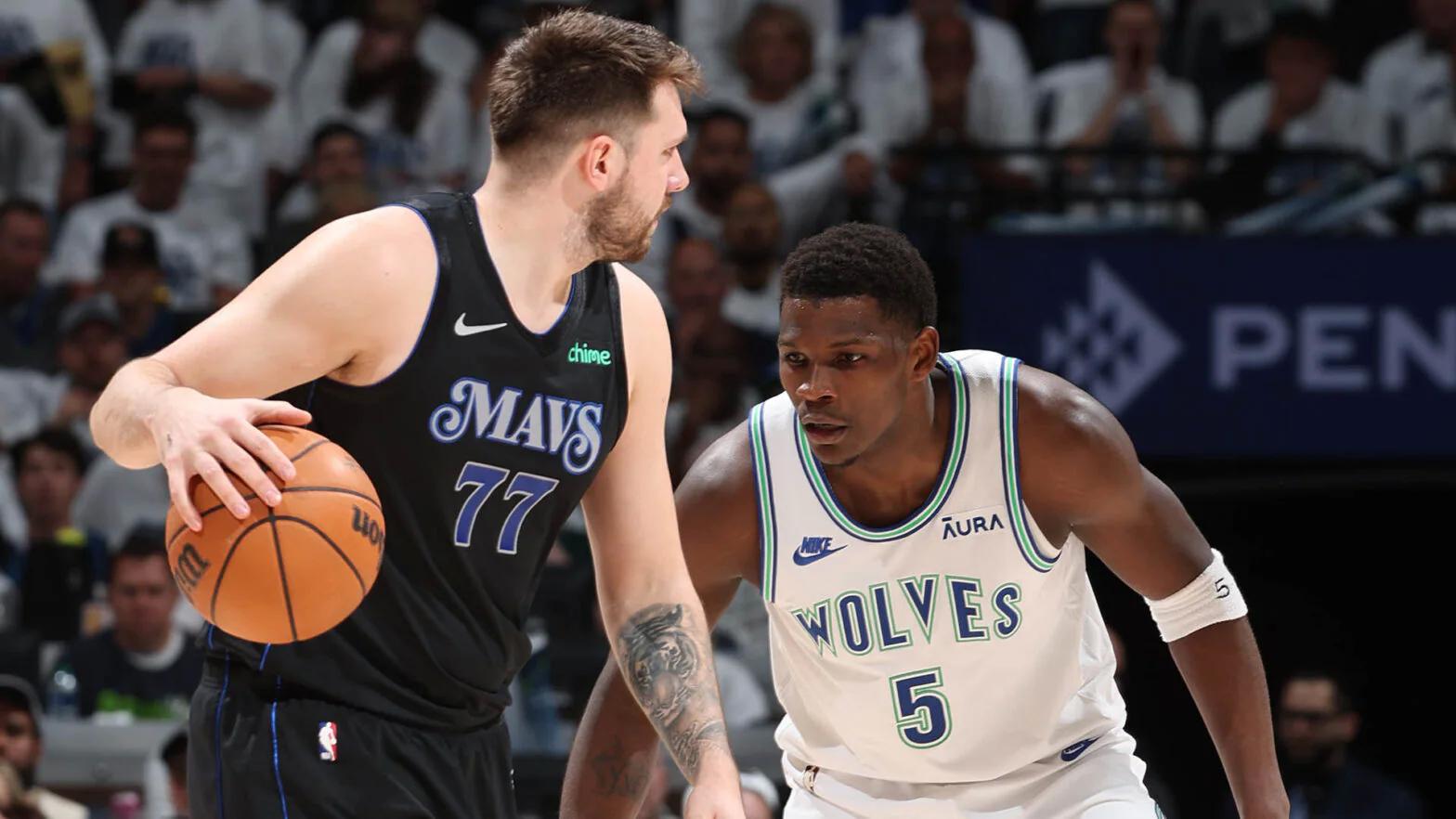

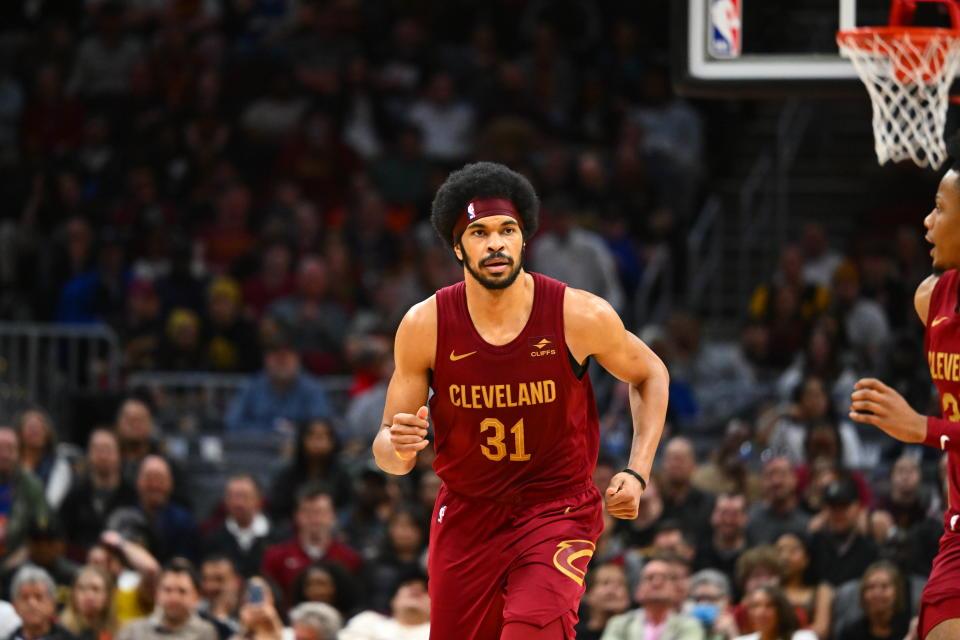

LATEST NEWS

